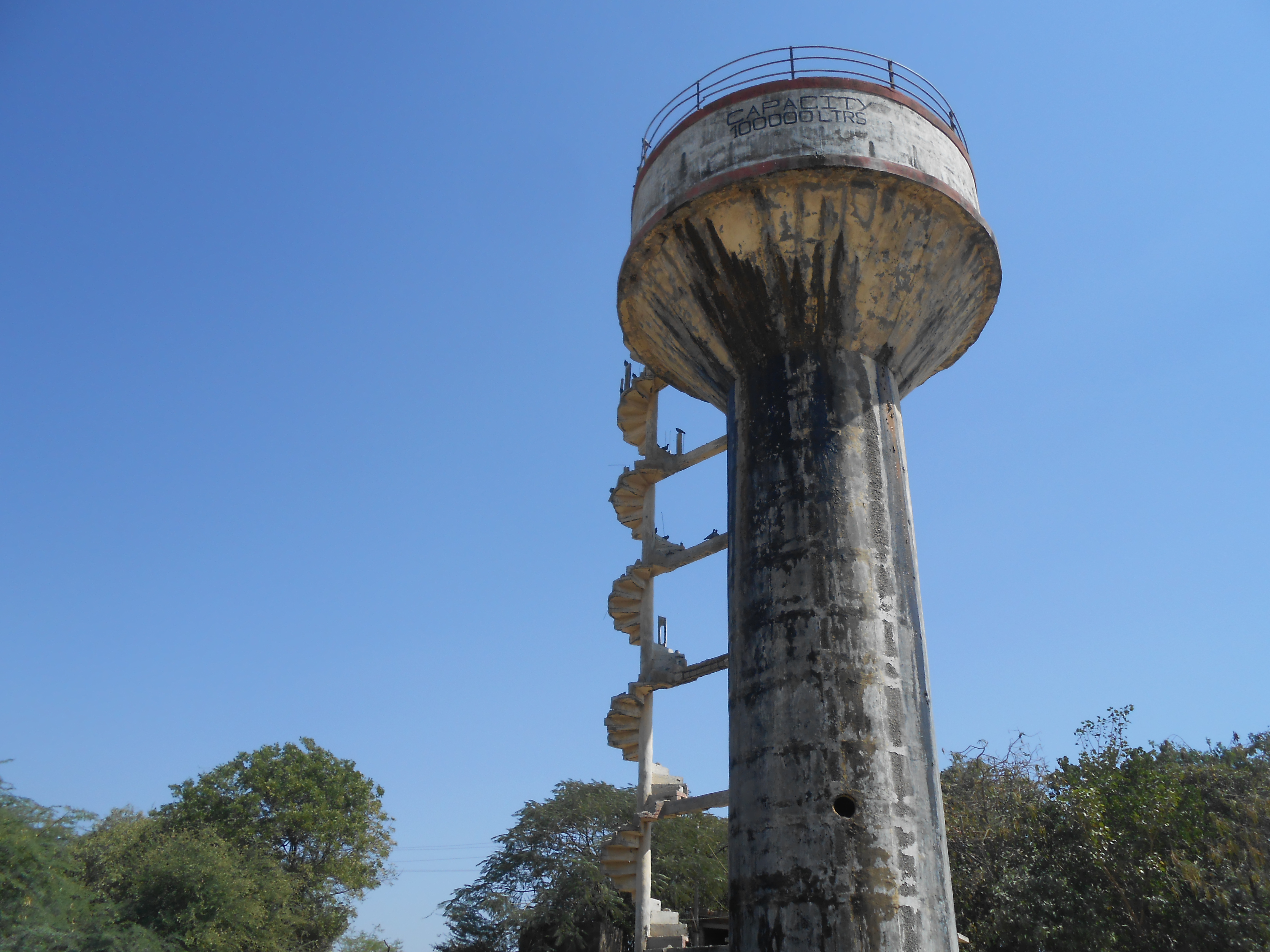WATER, SANITATION AND HYGIENE COMMUNICATION CENTRE (WASHC2)

Connecting People for a Hygienic Environment
Individual health and hygiene is largely dependent on adequate availability of drinking water and proper sanitation. There is, therefore, a direct relationship between water, sanitation and health. Consumption of unsafe drinking water, improper disposal of human excreta, improper environmental sanitation and lack of personal and food hygiene have been major causes of many diseases in developing countries.
The dedicated Centre will be aligned with the premise that signals a departure from the traditional mode of implementing WASH programmes by focusing on behaviour change rather than infrastructure. Communicating this approach across tiers and building the capacity of different actors involved in implementation is integral to the success of the programme. We will engage with partners who have been working in promoting WASH issues.
WASH Communication Centre will work towards motivating educational institutions, communities, people and Panchayati Raj institutions, and others promoting sustainable behavioural change in healthy and safe water, sanitation and hygiene practices. A holistic approach will empower children, youth, and communities to take informed decisions regarding their WASH status. To use innovation in communication by harnessing social media in raising such awareness on WASH to effectively communicate the link between water sanitation, hygiene, and disease prevention is critical.
The dedicated Centre will be aligned with the premise that signals a departure from the traditional mode of implementing WASH programmes by focusing on behaviour change rather than infrastructure. Communicating this approach across tiers and building the capacity of different actors involved in implementation is integral to the success of the programme. We will engage with partners who have been working in promoting WASH issues. WASH Communication Centre is working towards motivating educational institutions, communities, people and Panchayati Raj institutions, and others promoting sustainable behavioural change in healthy and safe water, sanitation and hygiene practices. A holistic approach will empower children, youth, and communities to take informed decisions regarding their WASH status.
Projects
-
Rural Youth Volunteers Programme
India | 2018
-
Group Hand Washing Facilities in Schools - A Technical Design Manual
Maharashtra | Rajasthan | West Bengal | Uttar Pradesh | 2015-2016
-
SWACHH HAATH MELA (The Clean Hands Fair)Global Hand washing Day Celebration
New Delhi | 2017
-
Project Healthy Future for Delhi’ Dweller in Plan Program Areas Evaluation Study
New Delhi | 2015
-
Operation and Maintenance (O & M) Systems of Water Sanitation and Handwashing (WASH) Documentation
New Delhi | 2015
-
A Healthy Future for Delhi’s Dwellers - An Integrated Approach for Water Quality and Business Development Project
New Delhi | 2014
-
Abridged assessment on Ecological Impact of Drinking Water and Related Issues on Health, Nutrition and Socio-economic Status of Communities
India | Bangladesh | 2015
-
“Water Futures” Programme Document – A Dialogue for Young Scholars and Professionals under Ecosystems for Life
Bangladesh | India | 2015
